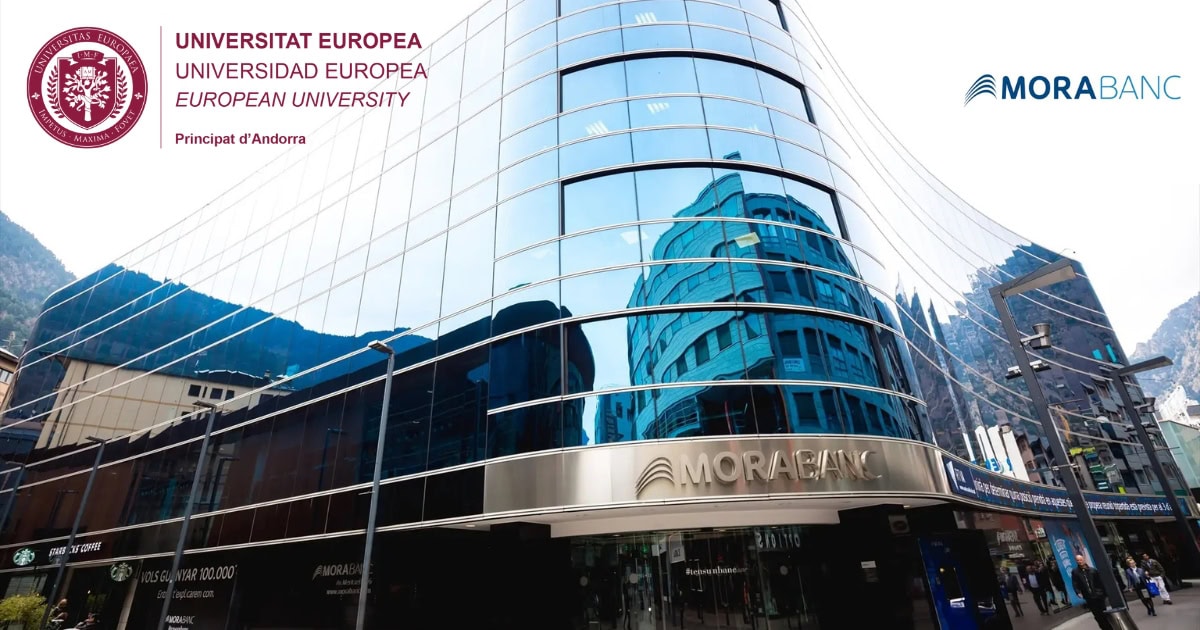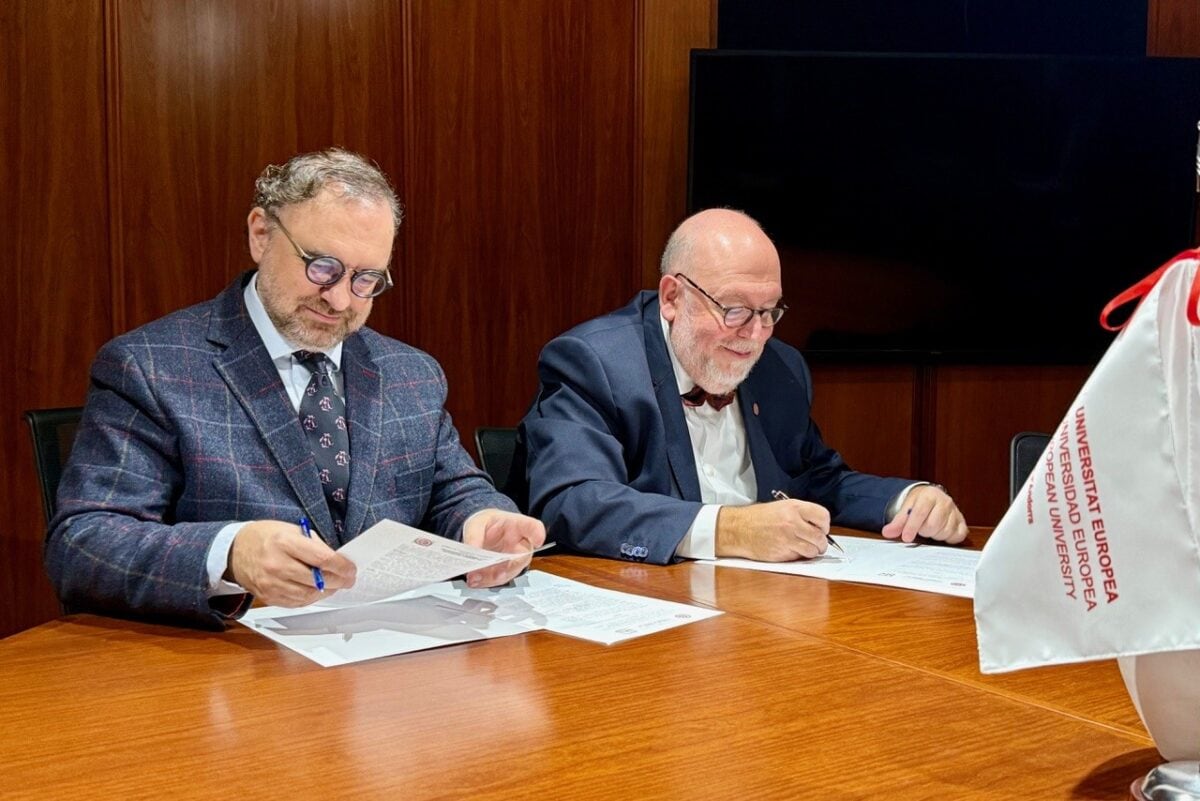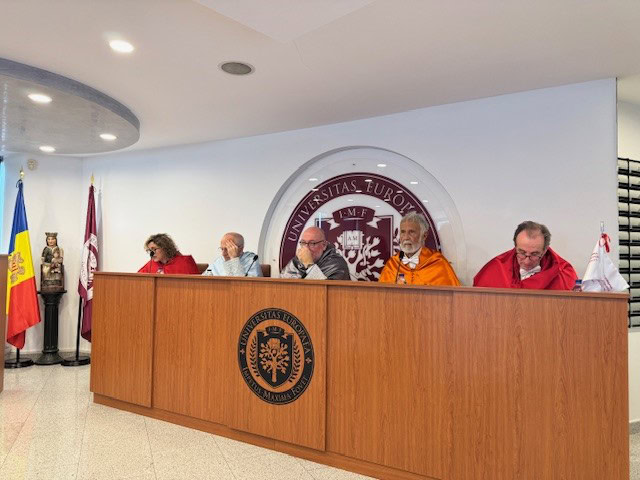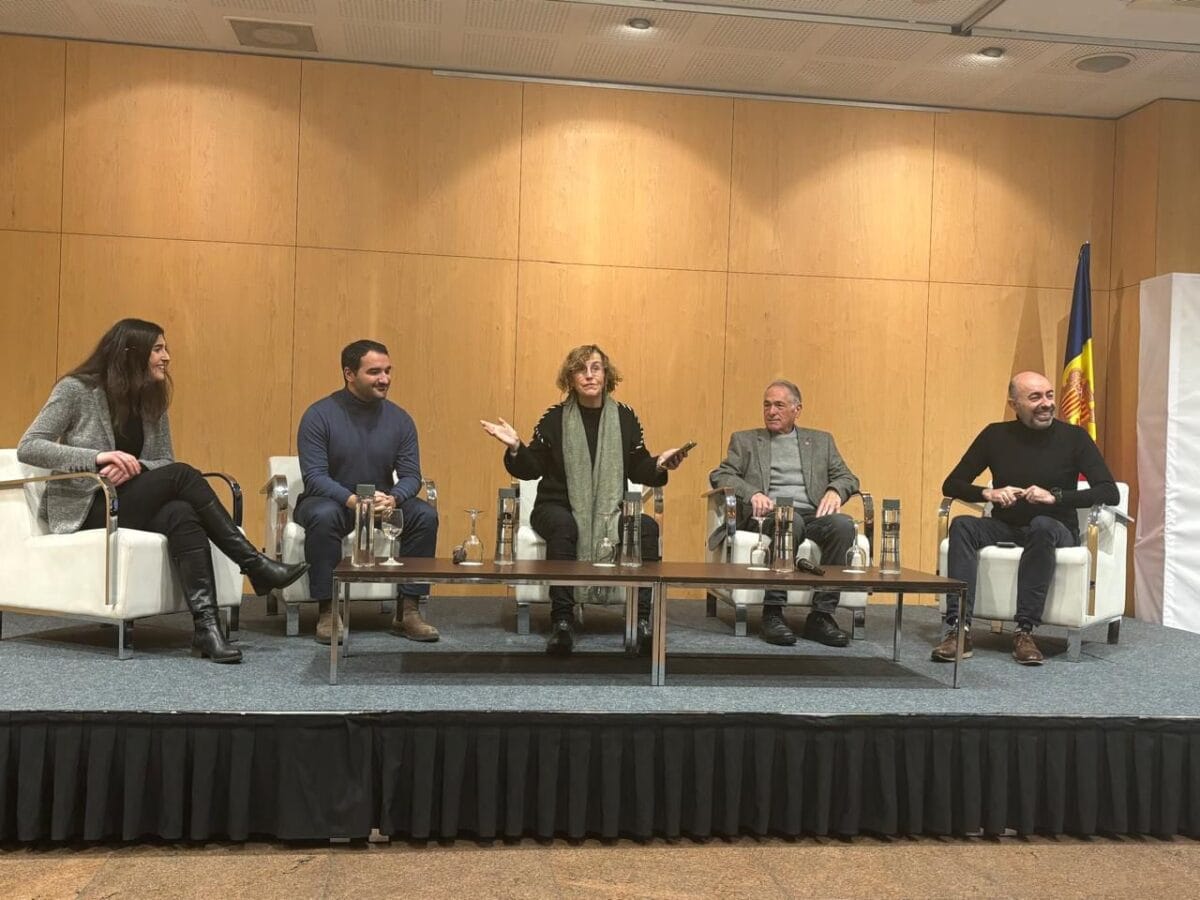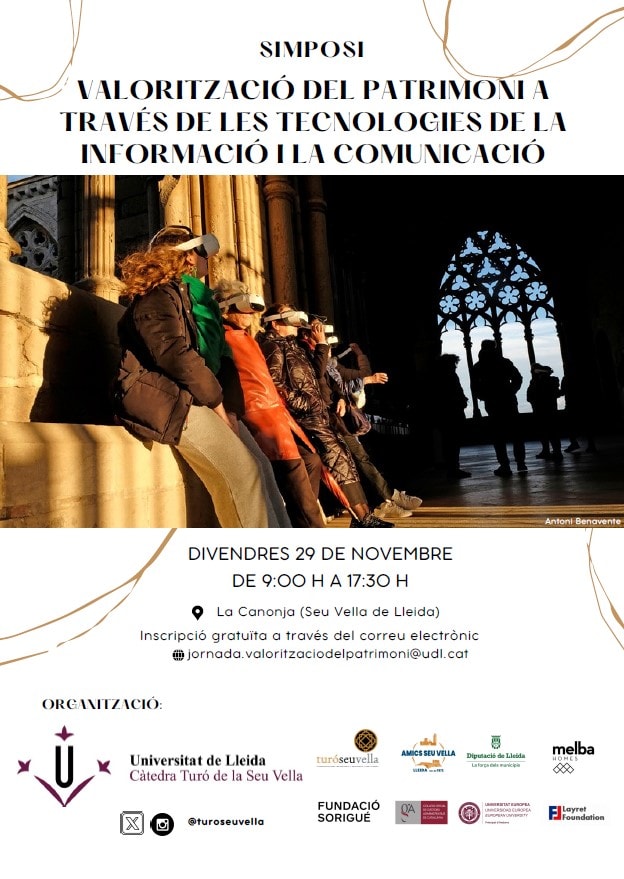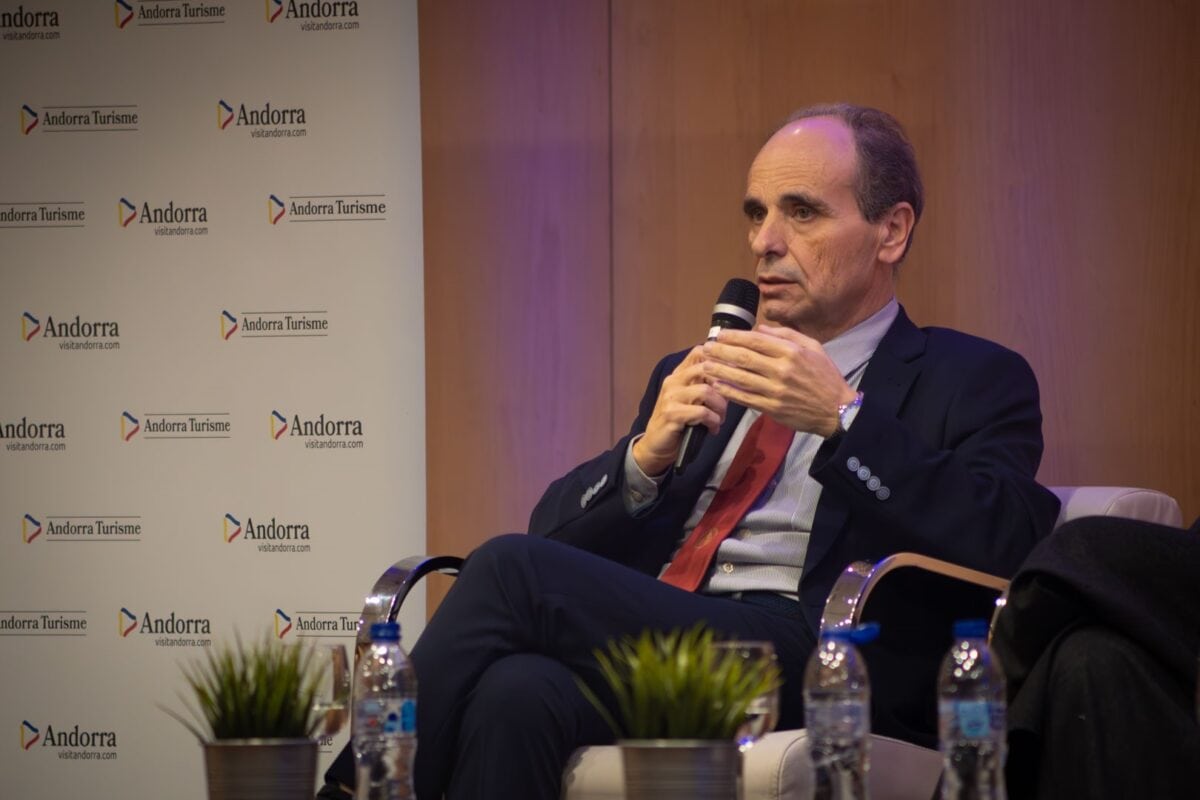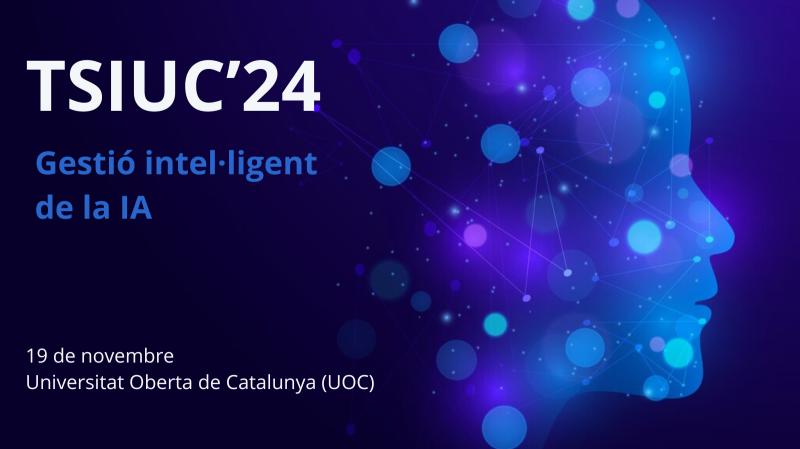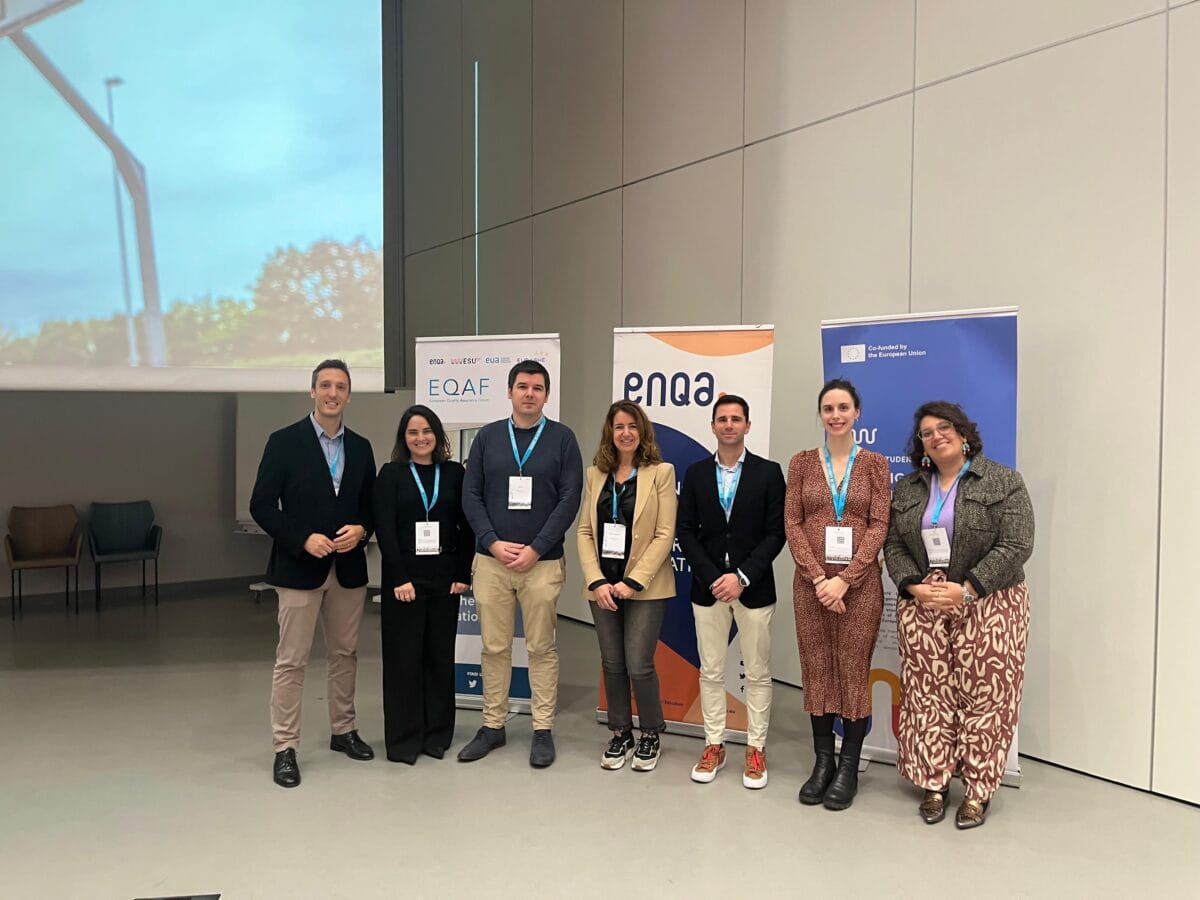Artificial Intelligence: The Future of Andorra as a Technological Hub in the Pyrenees
Andorra could become a reference point for research and development
Andorra has traditionally been known for its natural beauty, mountain tourism, and attractive tax policies. However, in recent years, it has begun to look in a new direction to diversify its economy: technology. In this context, artificial intelligence (AI) could become a key piece in transforming Andorra into a technological hub with an advanced and sustainable economy.
Andorra’s traditional economic model, based on tourism, commerce, and finance, has been robust for decades but has also shown vulnerabilities to global changes. The COVID-19 pandemic demonstrated the need to expand economic diversification, as dependence on a limited number of sectors can endanger the country’s resilience. Therefore, seeking new growth opportunities has become a priority, and this is where technology, especially AI, comes into play.
One of Andorra’s main advantages is its ability to adapt quickly to global changes. The government has already taken significant steps to foster a technological innovation ecosystem, with projects such as Andorra Telecom, the recent establishment of the Data Intelligence Agency two months ago, and other initiatives aimed at promoting digitalization.
In this scenario, AI emerges as a unique opportunity. Artificial intelligence has the potential to revolutionize key sectors for Andorra, such as tourism, mobility, healthcare, and finance. By implementing advanced algorithms and data technologies, Andorra could enhance services, optimize decision-making, and create new business models.
Tourism is one of the pillars of Andorra’s economy, but it is also a sector that requires constant innovation to remain competitive in an increasingly digitalized world. AI can play a fundamental role here. With data analysis tools, it becomes possible to better predict tourist flows, identify behavioral patterns, and personalize visitor experiences. AI systems can also improve the management of tourism infrastructure, helping reduce congestion during peak seasons and improving resource distribution efficiency.
Another key aspect for Andorra’s transformation is mobility. Through real-time data analysis, congestion prediction, and intelligent resource management, more efficient and sustainable mobility could be achieved.
The healthcare sector is another area where AI can have a significant impact. Andorra has the opportunity to position itself as a leading country in digital healthcare, leveraging AI technologies to improve the diagnosis, prevention, and treatment of diseases. Machine learning systems can help healthcare professionals identify patterns in large volumes of medical data, enabling more personalized and preventive medicine.
Additionally, with the progressive aging of the population, AI can be crucial in providing care and well-being solutions, such as robotic assistants for the elderly or applications that monitor health in real-time.
However, for Andorra to harness the full potential of AI, it will be necessary to train a new generation of professionals capable of developing and managing these technologies. This means strongly committing to digital education, both in schools and universities. The country has already taken steps in this direction, but continued investment in technological training is essential.
Moreover, Andorra could become a leader in AI research and development, attracting international talent and creating a vibrant ecosystem of tech companies. In this vein, eUniv, through the Alma Mater University Institute, organizes an annual series of conferences, academic congresses, and research forums, such as the upcoming first International Research Forum on the Use of Artificial Intelligence as a Learning Tool in Higher Education, keeping the country at the forefront of advancements in this field.
Despite the great opportunities, Andorra’s commitment to AI also presents challenges. The implementation of new technologies requires the development of robust infrastructure, ensuring cybersecurity, and establishing ethical standards for the use of AI, particularly in sensitive areas such as healthcare or finance.
However, if Andorra manages to overcome these challenges, it has a unique potential to become a technological reference in the region. Its small size, strategic location, and flexible regulatory framework make it an ideal laboratory for innovation, with the goal of transforming into a technological hub that attracts global investment and talent.
Artificial intelligence could be the boost Andorra needs to diversify its economy and establish itself as a technological powerhouse in the Pyrenees. By leveraging its strengths and overcoming the challenges associated with digitalization, Andorra can become a center for technological innovation and development that serves as a model for other small nations.


